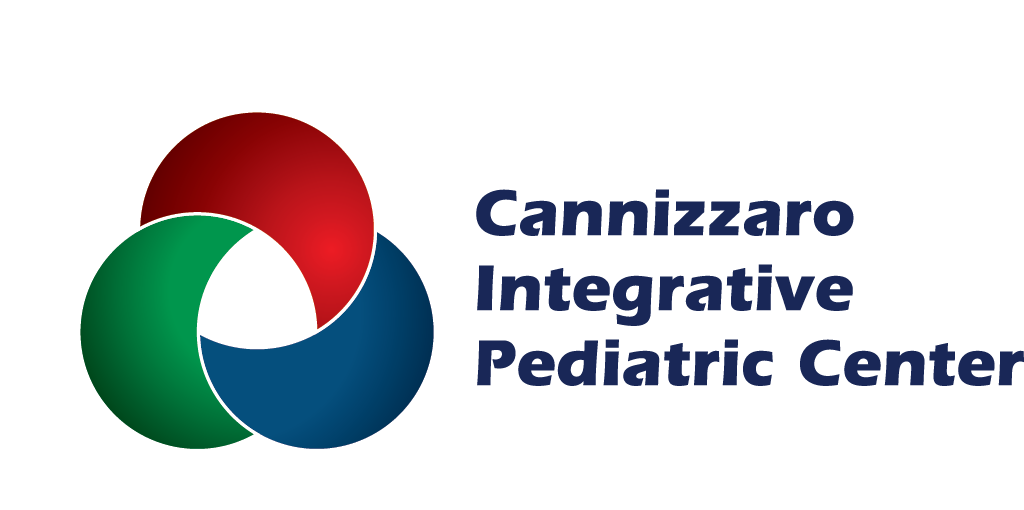
As children return to school, exposure to more germs and hectic schedules can take down your entire household if you don’t build a strong immune system!
Functional-integrative medicine understands that lifestyle factors, when combined with an individual’s unique genetics, either support good health or contribute to chronic illness. A functional medicine treatment program encompasses a comprehensive, patient-centered assessment of diet, habits and behavior, environment, and both family and personal surroundings.
I like to use the term, “upstream medicine”, which means we 1) trace symptoms of a disease back to common and basic metabolic roots and 2) learn to anticipate damage or dysfunction long before actual disease symptoms manifest.
Because of its significant role, the immune system is the first logical area of focus for disease prevention. Strengthening the immune system is one of the most important ways to ensure the health of the whole body.
A Simplified Immune System Lesson
The immune system works with two functional units: T cells and B cells. The T cells are involved in the immunity brought about by the cells of the body. They are the “infantry” that combat foreign substances with an immediate response and they defend against bacteria and viruses.
The B cells are involved in the long-term immunity brought about by macromolecules found in fluids outside the cells, such as antibodies. B cells are the “air force”; they form antibodies that “seek and destroy” foreign bodies. They are also responsible for providing tolerance for things we are exposed to for most of our lives; these antibodies neutralize toxins. They are also responsible for the formation of allergic disorders.
Immune system function is altered by chronic infections, exposure to drugs, chemicals and toxic minerals, stress hormones, activity patterns, exercise, obesity, radiation exposure, and most importantly, diet and nutrients, or the lack thereof.
Your Defense Process: Strengthening Immune System Function
There’s no question that exercise, stress and nutritional status play important roles in maintaining a healthy immune system. Research has shown that dietary deficiencies exacerbate chronic disorders and that an imbalance in the intake of dietary fat, protein and carbohydrate contribute to the development of disease. On the other hand, there’s overwhelming evidence that a good diet reduces the risk of chronic diseases.
Bad nutrition causes a decline in immune function and increases susceptibility to infection. Specific nutrients play important roles in supporting immune system balance. A deficiency of any of these nutrients can adversely influence the function of T cells and B cells in the immune system: zinc, omega-3 fatty acids, vitamin A, B vitamins (especially folic acid), iron, copper, amino acids L-lysine and L-arginine, vitamin C and vitamin E. Correct choices of supplements–vitamins, minerals, fatty acids, probiotics, and botanicals–has been shown to boost immunity and reduce the risk of disease.
Psychological health influences the immune system and the course of many diseases. Depression, stress, and anxiety increase production of pro-inflammatory chemicals in the blood, which can compromise or suppress the immune system. High levels of anxiety are associated with decreased immune function. You can see how school pressures combined with a less-than-nutritious diet can wreak havoc with immune system health.
Supplements that Support a Healthy Immune System
There are several supplements, herbs, and foods that provide the nutrition needed to bolster the immune system. Be sure to get proper testing and an evaluation by your functional-integrative physician before administering any vitamins, herbs or supplements. Each child is an individual and must be treated that way. Taking supplements that aren’t needed wastes money, could be dangerous, and only prolongs a correct diagnosis and treatment regimen.
Vitamin D: Children with higher Vitamin D levels contract fewer colds, flu and other viral infections.
Glutathione boosters: Glutathione is produced by the liver and is the most important free radical scavenger and a major antioxidant. Low levels of glutathione are linked to many diseases. Glutathione precursors may be used by the body to increase glutathione production. Glutathione precursors include: Glutamine, S-Adenosyl-L-Methionine (SAMe), N-acetylcysteine (NAC), Vitamin E, and Vitamin C.
Antioxidants: Because of their ability to scavenge free radicals, antioxidants are important immune system boosters. Supplementation with antioxidants like vitamins C, E and the Bs may improve immune function. Supplementation with Vitamin A stimulates immune responses brought about by antibodies.
B vitamins: These vitamins have considerable influence on immune function. Vitamins B12 and B6 are cofactors in the creation of cysteine, a key component in glutathione synthesis.
Lipoic acid: A potent antioxidant with immune-boosting qualities. It is able to regenerate other antioxidants like vitamins C and E and raise glutathione levels.
Coenzyme Q10 (CoQ10): Synthesized from the amino acid tyrosine, CoQ10 is an essential cofactor in the production of ATP, which is the body’s primary source of energy. CoQ10 is a powerful antioxidant and scavenger of free radicals, it inhibits lipid peroxidation (oxidation of fats in cell membranes, which causes cell damage), and works synergistically with Vitamin E. It has an important role in the stimulation of the immune system.
Whey protein: This food has potent antioxidant activity due to its high concentration of glutamate and cysteine, which are precursors to glutathione. It contains several substances that enhance the immune system, including the following: Beta lactoglobulin (modulates lymphatic response), Alpha lactalbumin (directly affects B and T lymphocytes and has the ability to reduce oxidative stress), Lactoferrin (acts as an antioxidant, inhibits bacterial absorption through the intestinal wall, and activates natural killer cells).
Minerals: Copper, zinc, and selenium influence the activity of antioxidant enzymes and reduce oxidative stress. Deficiencies of these minerals have been linked to weak immunity and infection.
DHEA: A hormone that has immune-enhancing effects. Low DHEA levels are associated with decreased production of IL-2 (a protein that stimulates white blood cells) and increased production of IL-6 (a protein that causes inflammation).
Polyunsaturated fatty acids (omega-3s): Omega-3s have been shown to counteract the suppression of the cellular immune system, suppress TNF alpha production (a cell signaling protein that causes inflammation), and have an overall anti-inflammatory effect.
Probiotics: The gastrointestinal tract relies on live bacteria (microflora) to help support a robust immune response. Probiotics prevent foreign bacteria and allergens from passing through the intestinal wall and have an important role for the overall health of the intestinal immune system.
Grapeseed Extract and Green Tea Extract have immune-boosting properties and increase the activity of antioxidants like glutathione. They increase the power of natural killer cells, enhance the production of IL-2 for healthy white blood cells, and decrease production of IL-6, which is inflammatory. One of the most important catechins (naturally-occurring compounds) in green tea is epigallocatechin-3-gallate (EGCG).
In addition, plants and plant foods like blueberries, cranberries, garlic, and pomegranate contain active substances that can keep the immune system working well. Echinacea and Andrographis are herbs that have immune-enhancing and anti-microbial properties.
How Salt Therapy Helps Support Immune System Function
Salt therapy helps support the immune system on two levels; it is physically anti-inflammatory and is also calming to the central nervous system. It is performed in a special spa-like room with salt-coated walls and floor, called a halochamber. Pharmaceutical-grade salt is pulverized into microscopic particles and propelled into the room. Salt therapy involves lounging in this cozy room and passively breathing in the particles while listening to soothing music, reading or just relaxing in a zero-gravity chair.
The salt particles enter the lungs and nasal passages, accelerating mucus clearance and improving lung function while killing harmful bacteria and soothing the respiratory system. This 100% drug-free treatment is effective, has no side effects and may lessen the need for prescription antihistamines, inhalers and nasal sprays. In fact, the New England Journal of Medicine published a study in 2006 that found salt inhalation is an effective complementary treatment for cystic fibrosis. The antibacterial, anti-fungal and anti-inflammatory properties of salt have been documented to help with inflammatory skin conditions such as acne, dermatitis and eczema.
Read more about the Salt Room in other articles on this blog and schedule a session at the Salt Room we have on our premises!
As you can see, we’ve been provided with the elements needed to strengthen our immune systems and overcome many of the unfortunate realities of our lifestyle today. Properly evaluating and treating the root cause of disease can help your child–and your entire family–stay healthier and happier–longer.





